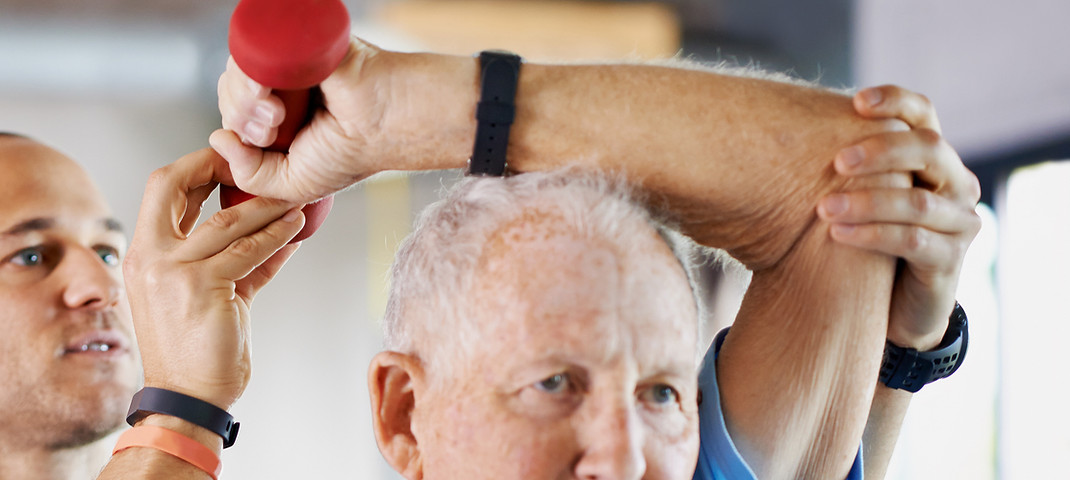After finally coming home from hospitalization, seniors, the sick or disabled are faced with the task of adjusting to their homes. Small tasks, such as, eating, reading, or even using the bathroom become increasingly difficult to remember or carry out independently. Important tasks like using medication and performing physical activity might also be forgotten. This is where the help of a home care provider comes into play.
RECOVERY ASSISTANCE
RESOURCES FOR RECOVERY ASSISTANCE
Following the end of hospitalization, seniors are prone to injury. Falls and relapses may occur. Some of these resources provided by Anastasia Home Care may be helpful when faced with the task of helping a senior that was recently taken out of the hospital.
Nutrition Resources: Special dietary needs can be managed through the strict shopping of an Anastasia Home Care caregiver.
Logistical Resources: Follow up visits are usually required after being taken out of hospitalization. Anastasia Home Care can help to coordinate these visits and to make sure the doctor's instructions are followed upon arriving home.
Medication Resources: Our services can remind seniors to take their medication when required. We can also retrieve and drop off any prescriptions that are needed.


POST-HOSPITALIZATION CARE
After your senior parent’s hospital discharge, Anastasia Home Care is ready to tackle the task of restoring them back to their previous health. Through all of the following services, we are prepared to keep them from readmission:
-Hourly assistance to around-the-clock care
-Coordination and scheduling with therapists and specialists
-Medication reminders for treatment and prevention
-Fall and injury prevention
-Change in condition alerts
-Transportation and scheduling of doctors’ appointments
-Assistance with bathing, dressing and personal care
-Housekeeping, meal preparation and nutrition
-Complimentary medical alarm for continuous monitoring
-Prescription drug pickups
-Assistance with daily activities
-Housekeeping, meal preparation and nutrition
-Help with bathing, dressing and personal care
REHABILITATION
As your loved one recovers from orthopedic surgery it is important that they carefully follow their doctor’s directions for rehabilitation.
While our caregivers do not provide rehab services, we do assist with transportation and scheduling of rehabilitation appointments. Our caregivers can also help with any rehabilitation exercises or give friendly reminders to assure that your loved one does their home rehabilitation exercises.


CANCER RECOVERY
Many cancer patients feel more comfortable receiving care at home so that they’re not separated from family, friends and familiar surroundings. But cancer is a condition that can change relationships and require families to address new issues.
In-home care is often a great way to alleviate some of the pressures of family caregiving when it comes to cancer, allowing you to focus on emotional support instead of the details of daily activities. Right at Home caregivers can help with any of the Home Care Services, as well as support hospice care where available.
Our caretaker services for cancer recovery include:
-
Supplement Hospice services with supportive care where available
-
Development of comfort measures
-
Respite care for family caregivers

STROKE RECOVERY
Assistance with the activities of daily living. In-home caregivers help clients with bathing, grooming, dressing, using the toilet and other personal care tasks that they are unable to do by themselves. at this challenging time.
Housekeeping and meal preparation. In-home caregivers keep the home clean, do laundry, and remove fall hazards inside and outside the home. They can go to the grocery store and prepare meals with ingredients and preparation methods as instructed by the client's healthcare provider.
Companionship. Loneliness and inactivity increase post-stroke depression and make it less likely that patients will follow their treatment plan. In-home caregivers help clients avoid a debilitating sense of isolation. And having a caregiver at the ready gives patients the confidence to follow their healthcare provider's recommendation for physical activity.
Support for family caregivers. Family caregivers play an important role in the recovery of their loved one. In many cases, the availability of family support makes it possible for the patient to recover at home rather than in a nursing home. But caring for a stroke survivor is hard work. Many family members report feeling unprepared for the tasks they must perform. They feel torn between their caregiver tasks, job duties and other responsibilities. Those who live at a distance worry constantly and may need to make many trips back and forth at a high cost.

SURGERY RECOVERY
Assistance with the activities of daily living. In-home caregivers help clients with bathing, grooming, dressing, using the toilet and other personal care tasks that they are unable to do by themselves. at this challenging time.
Housekeeping and meal preparation. In-home caregivers keep the home clean, do laundry, and remove fall hazards inside and outside the home. They can go to the grocery store and prepare meals with ingredients and preparation methods as instructed by the client's healthcare provider.
